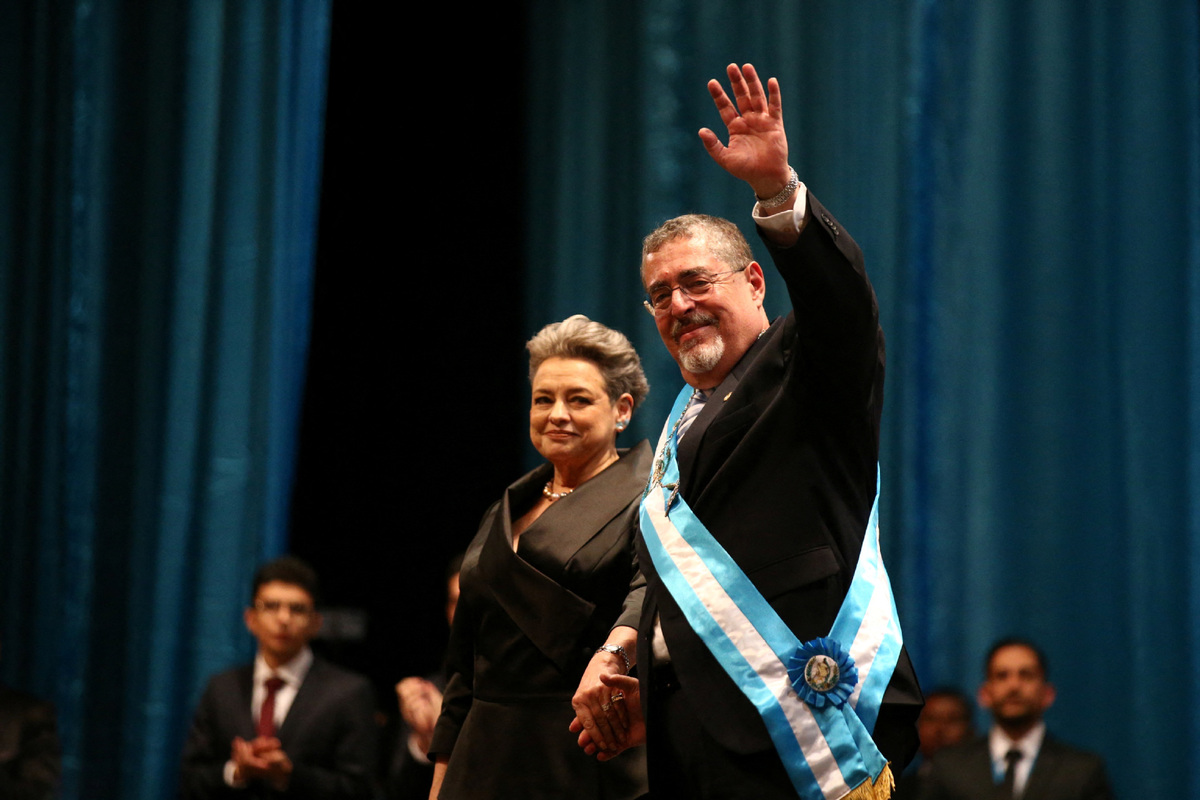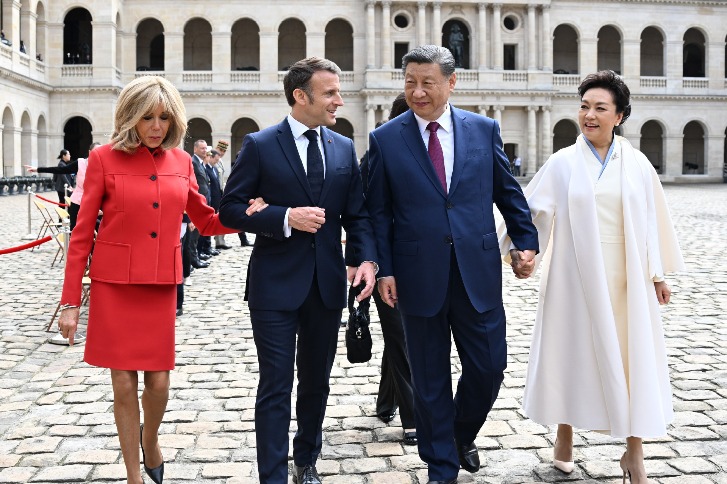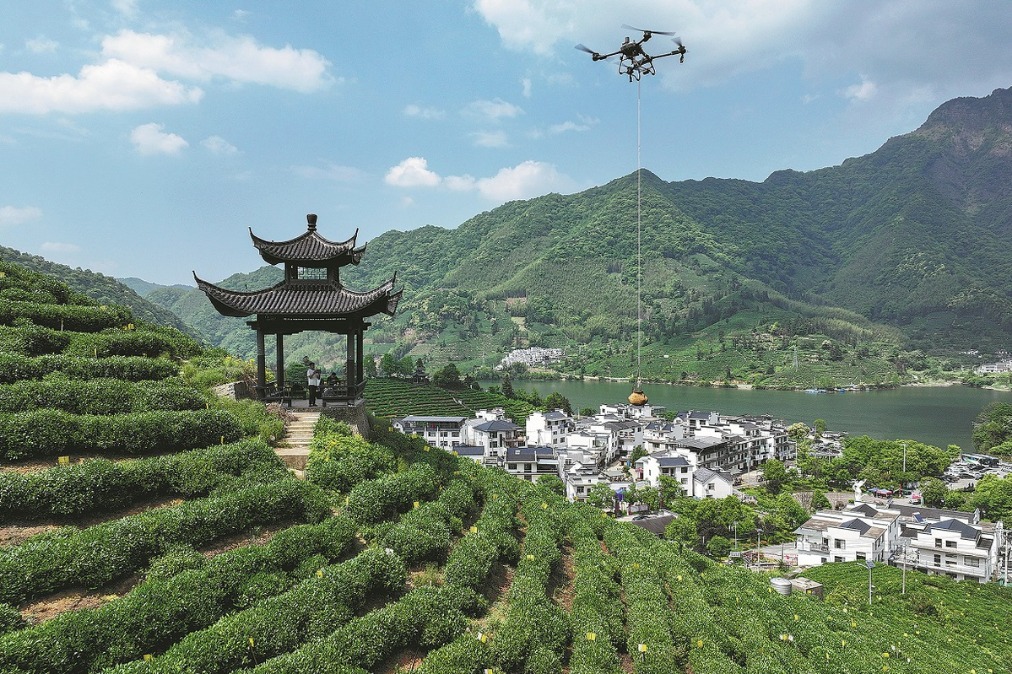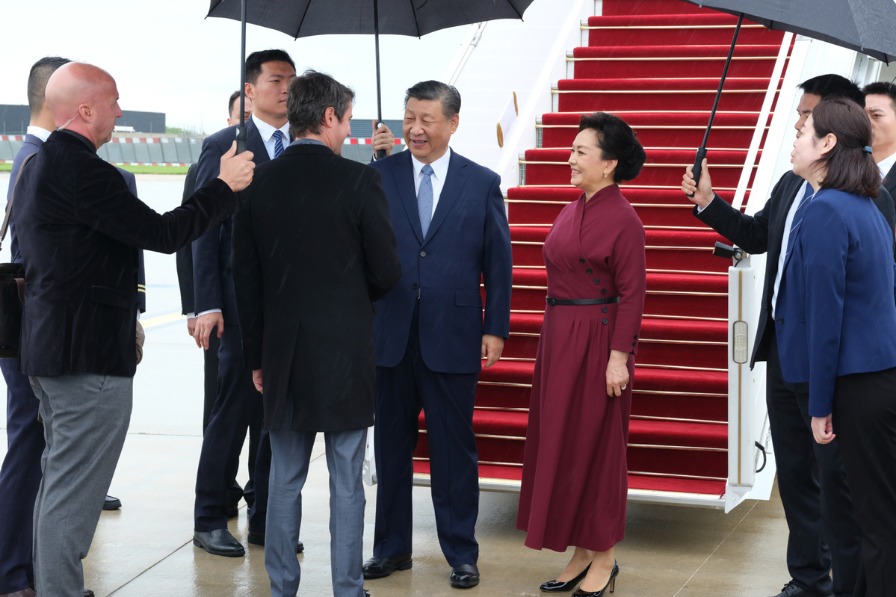Guatemalan president finally takes office despite opposition blocks
By SERGIO HELD and GERMAN SANCHEZ in Bogota | chinadaily.com.cn | Updated: 2024-01-16 16:07

After months of uncertainty and a giant legal battle, Guatemalan president-elect Bernardo Arevalo finally took office on Jan 15 but not before an almost 10-hour delay as his opponents made a last-ditch effort to prevent his inauguration.
Arevalo, who won a landslide victory after campaigning on a platform of fighting endemic corruption, was finally sworn in on the morning of Jan 15, instead of the previous evening as scheduled, after opponents in Congress sought to weaken his authority.
"President Arevalo made a call to unity, to peace, emphasizing that it is one of the lines of his government to seek mechanisms to find unity and better governance for the country," Diego Morales, a political scientist, told the correspondents.
Arevalo, a 65-year-old son of a former president, obtained 60.9 percent of the vote in a run-off against Sandra Torres last August.
After he was elected, Arevalo's opponents and the office of the attorney general, launched a fierce judicial battle to block him from taking power.
Their last-ditch efforts delayed Arevalo's swearing-in by some 10 hours. Arevalo, for his part, said the push to keep him from taking office amounted to a coup d'etat.
"The people of Guatemala have demonstrated their wisdom, and fundamental institutions such as the Supreme Electoral Tribunal and the Constitutional Court have protected the sovereign desire of Guatemalans to live in democracy," said Arevalo.
Heads of state such as King Felipe VI of Spain and President Gabriel Boric of Chile had to leave the ceremony due to the delay and uncertainty. Others, including Colombian President Gustavo Petro, stayed to guarantee the transition process. Petro postponed a trip to the World Economic Forum in Davos to stay.
"I express my deep appreciation for the solidarity and support of our sister nations that are accompanying us in this significant step forward. Their support has been fundamental to the success of the efforts undertaken by Guatemalan society in defense of its democratic institutions and the preservation of the rule of law," said Arevalo.
Arevalo's victory and ideology broke several decades of rule by conservative parties, Alexander Galeas, an international relations analyst in neighboring Honduras, told the correspondents.
"We must allow the opportunity to govern. The opponents lost and, in a democracy, they have to accept the blow and be a responsible opposition," Galeas said.
"Just because one does not agree with the president in office one does not have to make life or governance impossible," he added.
To date, however, little is known about the new administration's plans for government.
German Reina, a public policy specialist and campaign adviser, said it is difficult to talk about the details of a work plan because one has not been made public.
"People preferred to give their vote to an unknown person to see if they could do something different," Reina said, adding that he expects the new government already has a plan even if they have not shared it.
"They are facing a system of corruption, a very, very strong system of corruption that exists in the country," Reina said.
"They take office with a lot of expectations. People have a lot of faith and a lot of hope, and I hope they do not betray the trust that the people of Guatemala gave them and that they can fulfill the expectations."
According to Morales, the political scientist, there is a long tradition in the country of evaluating the results of a new government after its first 100 days.
"There are a series of limitations for the government to be able to act and take the necessary actions," said Morales, who stressed that public security as well as managing the budget left by the previous government, could be the first challenges to be addressed by Arevalo's government.
"There is a hopeful atmosphere in Guatemalan society," Morales said of the change of government, noting the public hope that its actions will benefit the population.
"We are well aware that four years is not enough time but at least we can begin to rebuild the fabric that has been damaged in recent decades, where conservative and right-wing governments have failed to meet the expectations of the population."
The writers are freelance journalists for China Daily.
























